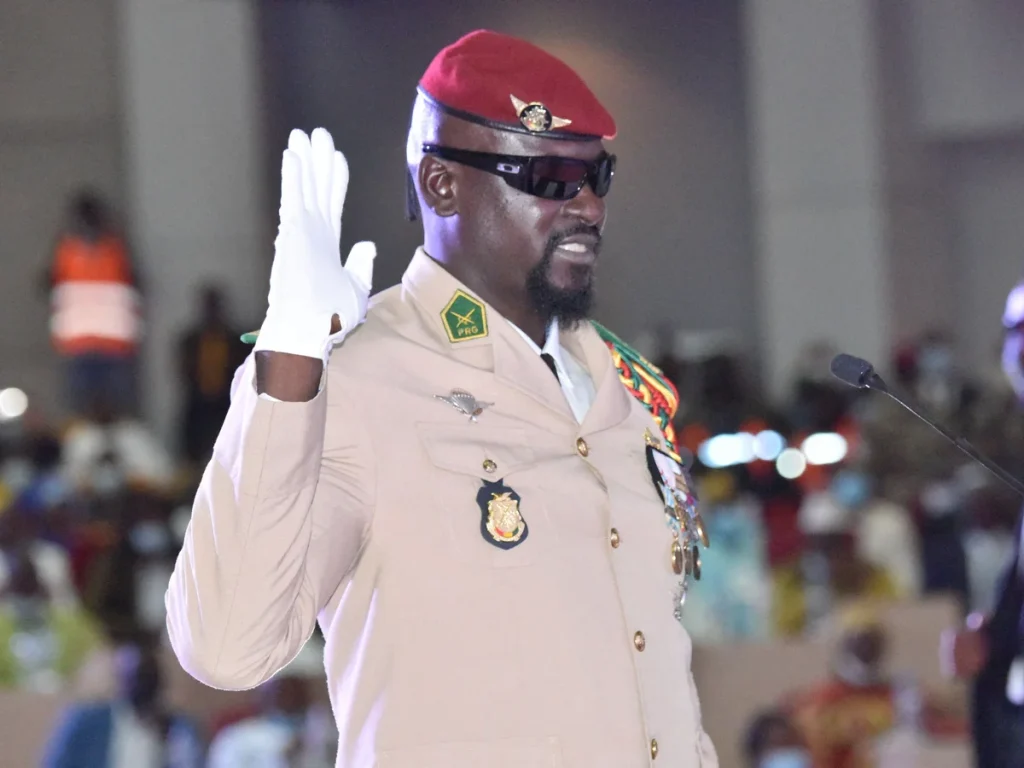General Mamady Doumbouya, the military leader of Guinea, has formally declared his intention to run for the presidency. He submitted his required candidacy documents to the Supreme Court on Monday.
This was the final day for applications for the election scheduled for December 28. These polls are intended to transition the nation back to constitutional governance after the 2021 coup he led.
Despite a pledge made when he seized control that he would not seek public office, a newly adopted constitution has paved the way for his candidacy.
Constitutional Changes Clear Path for Doumbouya
The transitional military government, or junta, engineered a completely new national charter. This document received approval through a constitutional referendum held in September. The fresh charter effectively nullified prior agreements. Those arrangements had expressly forbidden military government members from participating in elections.
The revised national constitution established several new qualifications for presidential candidates:
- Applicants must be actual residents of Guinea.
- Their age must be between 40 and 80 years old.
Opposition Decries Leader’s Candidacy
The Forces Vives, a wide-ranging coalition of opposition political parties and citizen movements, immediately voiced strong public condemnation of Doumbouya’s decision to run.
Since assuming power, the military regime has faced persistent accusations of stifling dissent. These suppressive actions include blocking efforts to mobilize public support for a return to full democratic rule.
The junta has also drawn criticism for suspending various media outlets, limiting internet access, and using excessive force to put down demonstrations.
Key Rivals Excluded from Contest
While roughly ten other individuals filed applications, the credibility of the entire electoral process is now heavily disputed. Two of Guinea’s most prominent opposition entities, UFDG and RPG Arc en Ciel, have been excluded from the contest entirely. This exclusion significantly raises doubts about the election’s overall fairness and inclusivity.
The Supreme Court is tasked with reviewing and validating all submitted applications. The court is scheduled to officially publish the final, approved list of candidates by November 13.
READ MORE: Diplomatic Storm: Nigeria Roiled by US Threat of Military Intervention






